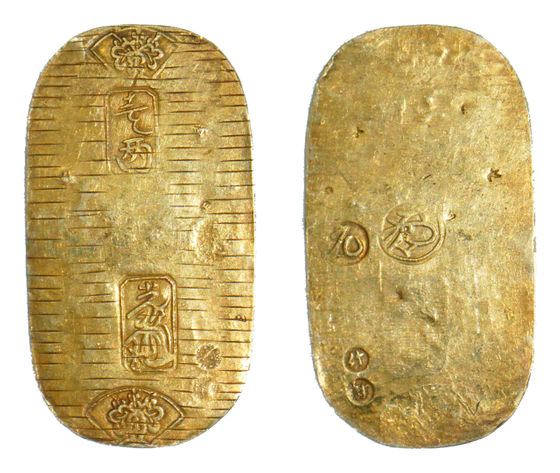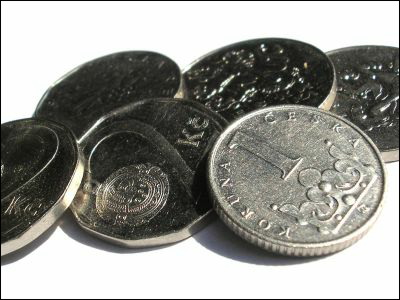It has been pointed out that Gresham's law, which states that 'bad money drives out good money,' caused the Lehman Shock.

Gresham's Law: The Bad Drives Out the Good as Time Passes
https://fs.blog/2009/12/mental-model-greshams-law/
Gresham's Law originated from a statement by 16th century British king's financial advisor Thomas Gresham that 'the reason good British currency flows out of the country is due to the debasement of the currency,' and its direct proponent was the 19th century British economist Henry MacLeod.
However, Gresham's law was well known as an empirical rule before MacLeod proposed it, as astronomer Nicolaus Copernicus had already mentioned a similar phenomenon in his 1528 book De Régime d'Automne et d'Automne.
In Japan, the Edo Shogunate, troubled by a decline in gold mining, issued inferior Genroku koban coins , which resulted in the high-quality Keicho koban coins disappearing from circulation. This is also considered an example of Gresham's Law.

In today's world, where gold and silver coins are no longer used as currency, Gresham's Law may seem like an outdated law, but according to Farnam Street, Gresham's Law is still very much alive today.
For example, let's say a pharmaceutical company has two sales representatives. If the system to crack down on bribery is not functioning, the sales representative who bribes doctors to sell the company's products will be successful, while the sales representative who does not bribe will be fired for poor performance, and ultimately only the dishonest sales representative will have the upper hand. This is said to be a good example of 'bad money driving out good money' according to Gresham's Law.
A similar phenomenon occurred during the subprime mortgage crisis that led to the Lehman Shock in 2008. Before the Lehman Shock, subprime loans were popular in the United States, where people with low creditworthiness were given housing loans at high interest rates. Because subprime loans were a mechanism that brought in very high profits, it is said that many financial institutions rushed to lend loans to borrowers without even conducting proper appraisals.
The problems with subprime mortgages are discussed in detail in the following articles:
What is the 'subprime problem' that caused the rapid appreciation of the yen and the simultaneous decline in stock prices around the world? - GIGAZINE

Unlike financial institutions that issued subprime loans indiscriminately, some financial institutions that properly checked the repayment ability of borrowers were reluctant to lend to subprime loans, and gradually investors began to ignore them. Before the housing bubble burst, subprime loans were very successful because financial institutions could make a profit by selling the houses on behalf of borrowers even if they were unable to repay the loans, but when the housing bubble collapsed, financial institutions began to suffer huge losses.
As a result, Lehman Brothers, a major American investment bank, went bankrupt, and the situation developed into a global recession and economic crisis.
Farnam Street writes, 'When selfish human behavior, or evil, is advantageous over other behavior, it follows that evil will naturally drive out good. Gresham's Law is one of the greatest reasons why human society needs laws.'
Related Posts:
in Note, , Posted by log1l_ks





